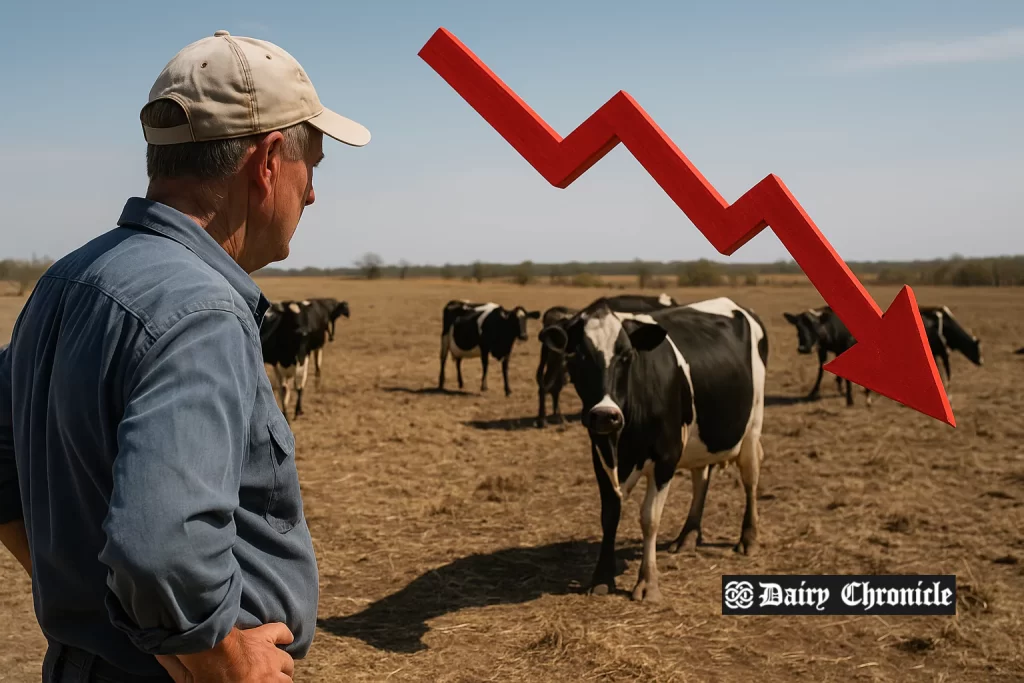The 2025-26 dairy season in Australia has begun with disappointing milk prices for suppliers, falling below production costs amid ongoing drought conditions. Farmers and industry leaders express concern about sustainability and call for fairer pricing from processors like Australian Consolidated Milk and Fonterra.
The 2025-26 dairy season has opened with milk prices that have left Australian milk suppliers disillusioned, raising serious concerns about the future of the dairy industry in states like Victoria. Australian Consolidated Milk (ACM) set an initial price of $8.85 per kilogram of milk solids (kg MS), which was later increased marginally to $9. However, farmers insist this remains below the level necessary to cover rising production costs exacerbated by persistent drought and high fodder prices.
Farmers from regions such as Girgarre and Gunbower voiced their dissatisfaction. Pat Nicholson, a dairy farmer from Girgarre, emphasized that prices need to reach at least $9.50/kg MS to remain viable under current conditions. “Given the seasonal challenges, anything less threatens our ability to sustain operations,” he said.
Similarly, Stu Modra from Gunbower highlighted soaring input costs, including hay priced between $400 and $700 per tonne. Processors are also offering tempting contract incentives, but Nicholson remains skeptical. “An additional 20 cents does not justify the risk; these offers appear more like short-term supply grabs than commitments to farmer sustainability,” he remarked.
Industry bodies echoed these concerns. Ebony Mull, president of Alpine Valleys Dairy, criticized Fonterra’s benchmark price of $8.60/kg MS as insufficient, especially considering the high profits reported by processors. Victoria Dairy Farmers president Mark Billings described the season as atypical and urged processors to genuinely support suppliers. “A strong milk price is not a luxury; it’s a necessity,” Billings asserted.
As Australia grapples with challenging weather and economic pressures, the calls for fair pricing and long-term support from dairy processors grow louder.



